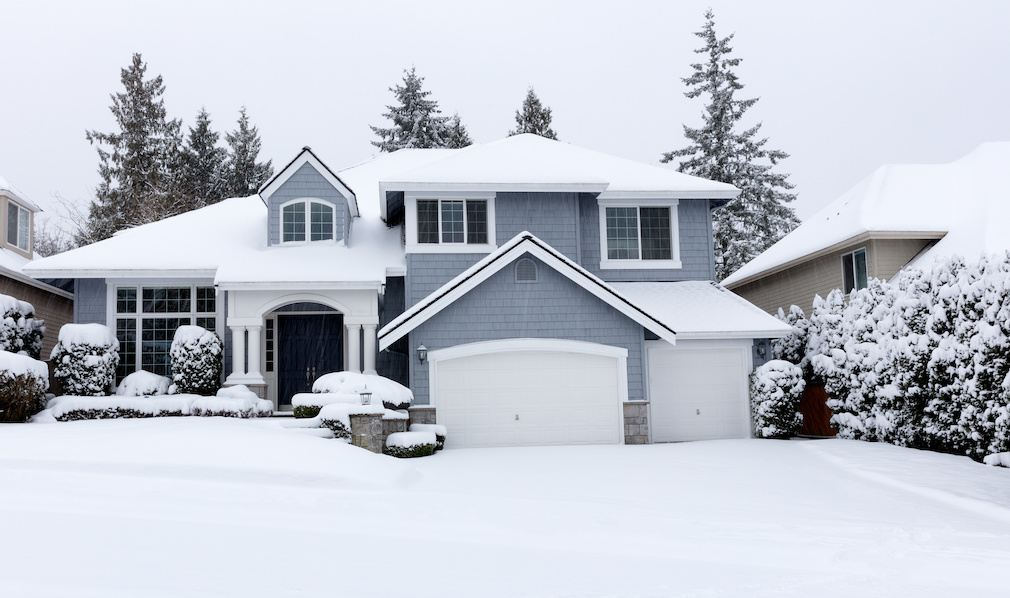[jwplayer nUgiU2xK]
Despite spring commonly being thought of peak homebuying season, there’s actually another time of year when it makes the most sense to buy a home.
And it’s coming right up.
According to new analysis from ATTOM Data Solutions, there are only three days out of the year that see homes sold at discounts below their estimated market value – all of which happen to fall in December.
The report shows that buyers willing to close on a home the day after Christmas see the biggest discounts below full market value, with an average discount of 0.3% over the expected sales price.
Beyond that, the next best days to buy are New Year’s Eve (December 31) and December 4, both of which offer discounts of 0.1%.
“Closing on a home purchase the day after Christmas or on New Year’s Eve can be one of the most financially beneficial holiday-season gifts you can get,” said Todd Teta, chief product officer of ATTOM Data Solutions.
ATTOM determined the best days to buy by conducting an analysis of more than 23 million single family home and condo sales over the past six years.
The analysis showed that December is the best month to buy, but buyers in December will stay pay about 1.2% premium above estimated market value.
But that’s better than every other month, including June, which sees buyer pay the highest premium, 7.1%.
Despite the drastic jump in premiums, home prices hover around the same median throughout the year; $197,500 in October; $198,018 in November and $198,000 in December.
Broken out by state, homebuyers in Ohio saw the biggest discount below full market value, buying at 7.4% under expected market value in January.
Following Ohio was Michigan, with prices down 7.2% in February; Delaware, with prices down 6.3% in February; Tennessee, with prices down 6.2% in January and New Jersey, with prices down 5.8% in December.
“While lots of folks are shopping the day-after Christmas sales or getting ready to ring in the New Year, our data shows that buyers and investors are buying homes on those days at a discount,” Teta said. “That’s a far cry from buying during June, when they are likely paying about a 7% premium.”







